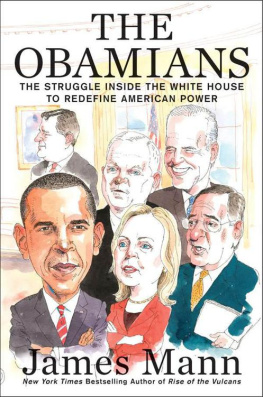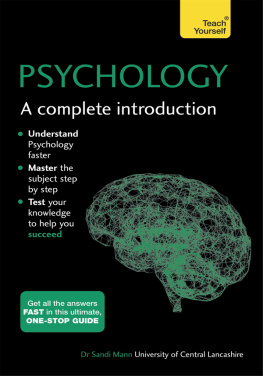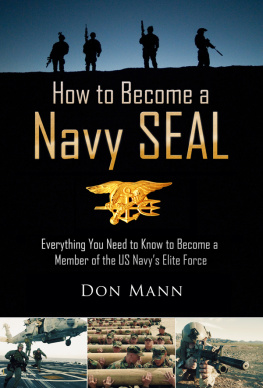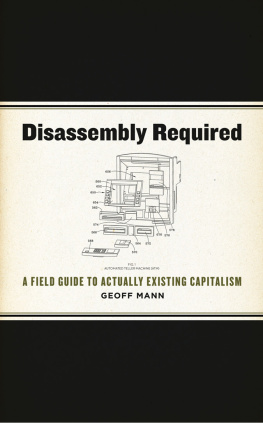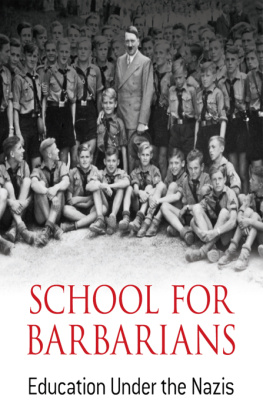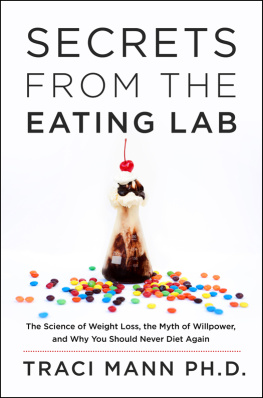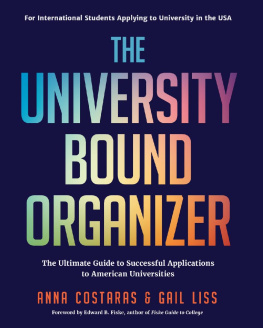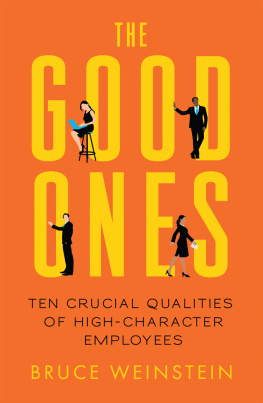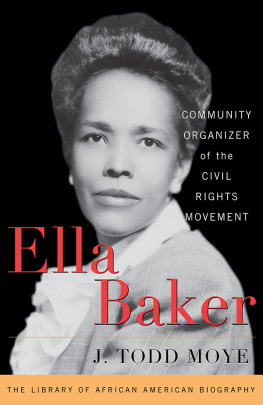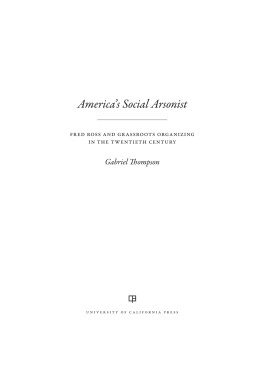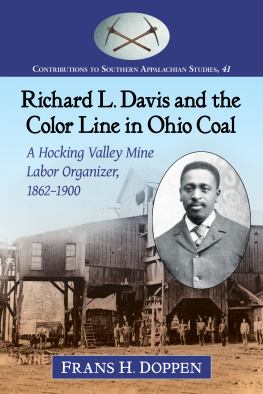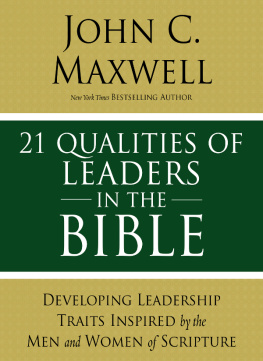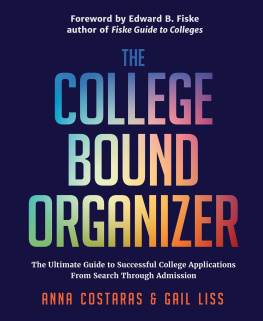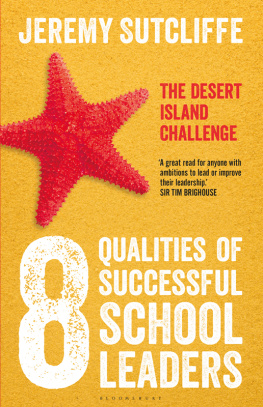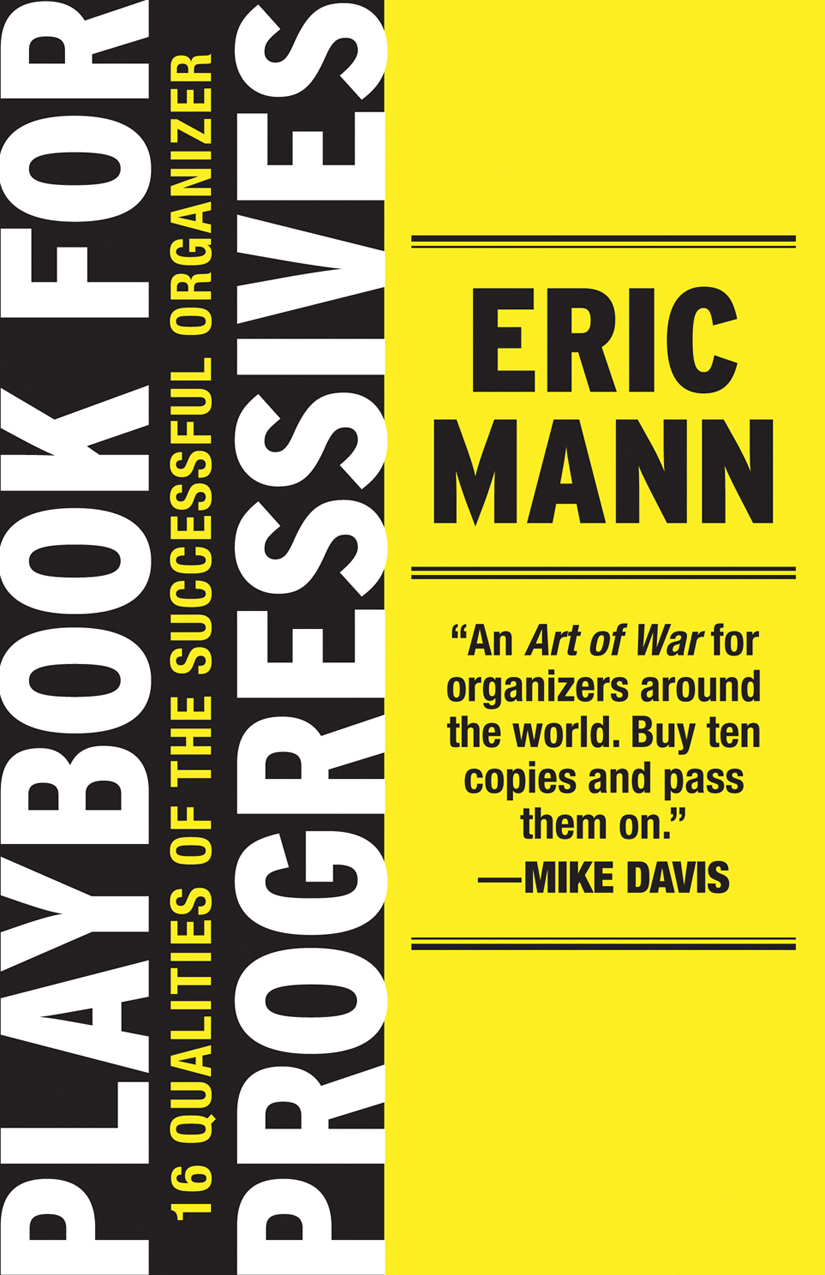Playbook for
Progressives
16 Qualities of the Successful Organizer
Eric Mann
Beacon Press, Boston
For
Lian Hurst Mann and Daniel Won-gu Kim.
You were there from the first word to the last.
This book is our work.
Contents
12 Roles of the Successful Organizer
16 Qualities of the Successful Organizer
Introduction
Down South Ive been beaten three times since I joined SNCC. Ive been thrown in jail for no good reason and beaten again once I was in there. The police and the Klan threatened to kill me and when they said that, I believed them. This young Black man from the Student Nonviolent Coordinating Committee (SNCC), no older than eighteen or nineteen, is challenging his audience from the steps of Willard Straight Hall at Cornell University. It is 1963, and the long winter is giving way. Far above Cayuga Lake, the sun illuminates the bridges across the rocky gorges. The grass is already green. The young man is pointing to every one of us: Im tired of the way you think Im exaggerating; Im tired of how little you give of your life when you can give so much more. Unless there is a lot of support from the North, a lot of us are gonna get killed because we register voters and organize people for their civil rights. My question to you is this: Who among you will join the civil rights revolution? I think for only a moment and understand I have come to a conclusion: I will!
It was an evangelical call. What a gift it was. In 1964, I graduated from Cornell and got a job as a field secretary for the Congress of Racial Equality (CORE) in the North. I was put to work helping to organize a boycott of the Trailways Bus Company, fighting to integrate its segregated workforce, and, as Ill tell you about more in the pages of this book, we won. Joining the civil rights revolution was my induction into transformative organizing, a tradition of building social movements to challenge the entire system that defines U.S. history and the present.
Transformative organizing recruits masses of people to fight militantly for immediate concrete demands that have to be wonintegrating segregated facilities, getting jobs for Black people, shutting down military recruiting on a campusbut always as part of a larger strategy to change structural conditions in the world: To end post-slavery apartheid. To stop a war. To build a powerful, long-term movement. Transformative organizing works to transform the system, transform the consciousness of the people being organized, and, in the process, transform the consciousness of the organizer. It is the backbone and the model of what we are fighting for and how we can succeed in that battle.
For the two decades of the 1960sfrom the 1955 Montgomery bus boycott and the Bandung Conference of non-aligned nations to the final victory of the Vietnamese people in 1975the practice of transformative organizing grew exponentially. It was a period of world uprising and revolution. In the United States, there was an explosion of self-organization as thousands of collectives, organizations, communes, and campaigns were built, involving millions of people who considered themselves part of the Movement. Black people expressed their rage against the system through rebellions in 458 cities between 1965 and 1967 alone.
Transformative organizing was essential to one of the signal achievements of this period. A full one hundred years after the legal abolition of slavery, the Black community, the Black Nation, led a united front with the New Left to fight against conditions of semi-slavery, enforced poverty, legal Jim Crow in the South, and de facto segregation in the North, all enforced by a police and Klan terror so inextricably linked that civil rights workers described it as blue by day, white by night. The Movement won the passage of the 1964 Civil Rights Act and the 1965 Voting Rights Act, significant state restriction on Klan activity, and reduction of some of the worst police abuses. They won open housing and school integration programs, fair employment laws and affirmative action programs, and the right to vote protected by the federal government. The Movement won through sit-ins, marches, freedom rides, recruiting through hundreds of thousands of one-on-one conversations, training organizers, and the support of a world Left that denounced U.S. racism in the midst of the Cold War. A militant and unified Black people, brought to the United States in chains, were able to lead a broad united front to finally overthrow three hundred years of formal racial segregation and apartheid in its most legalized and overt form. This required a literal revolution against the culture, institutions, and laws of U.S. society.
This connection between ideology on one hand and strategy and tactics on the other is one of the hallmarks of transformative organizing. Ideology is a worldview that gives the most essential direction to your life and leads organizations in their work to change conditions in the world.
Let me give an example. In April 1965, Students for a Democratic Society (SDS) called for a march against the war in Vietnam to be held on the big lawn in front of the Washington Monument. The United States already had 100,000 troops in Vietnam and was moving to escalate its presence to 184,000 troops. President Lyndon Baines Johnson had run as the peace candidate and had promised, in the election of 1964 versus the arch war-hawk Barry Goldwater, to de-escalate the war. In a classic betrayal, Johnson broke his electoral promise and initiated massive aerial bombing of north Vietnam in February 1965, killing hundreds of thousands of Vietnamese men, women, and children, almost all civilians, in a bloody effort to terrorize them to surrender. The war forced itself onto the consciousness of the Civil Rights Movement especially, and SNCC proposed that Black people should not fight in the war even when drafted using the slogan Hell No, We Wont Go.
While the march organizers had hoped for five thousand attendees, for this was the early stages of the antiwar movement, and feared many fewer would show, on April 4, more than thirty thousand people attended, with bus loads from New York, Michigan, and the far West.
I attended the rally at a time when public oratory was one of the great educative tools. Four speakers created a talking book, with each one writing a chapter that was part of an integrated social theory. I. F. Stone, the iconoclastic journalist, warned us, Do not trust the governments lies about Vietnam. Develop your own research, your own magazines, your own newspapers, your own sources. Staughton Lynd, a pacifist professor from Yale, challenged us to take courageous actions to stop an immoral war. Using the call from the Civil Rights Movement, he urged us to put your bodies on the line. Robert Moses from SNCC told us that the civil rights and anti-war struggles were two fronts in a wider war against racism and colonialismMake the connections between segregation in the South and defoliation in the Third World.
Paul Potter, the twenty-five-year-old president of SDS, gave a stirring speech that shaped the consciousness of the attendees and lives in my mind to this day.
The incredible war in Vietnam has provided the razor, the terrifying, sharp, cutting edge that has finally severed the last vestige of illusion that morality and democracy are the guiding principles of American foreign policy.... That is a terrible and bitter insight for people who grew up as we didand our revulsion at that insight, our refusal to accept it as inevitable or necessary, is one of the reasons that so many people have come here today....
We must name that system. We must name it, describe it, analyze it, understand it, and change it. For it is only when that system is changed and brought under control that there can be any hope for stopping the forces that create a war in Vietnam today or a murder in the South tomorrow or all the incalculable, innumerable, more subtle atrocities that are worked on people all over, all the time.


